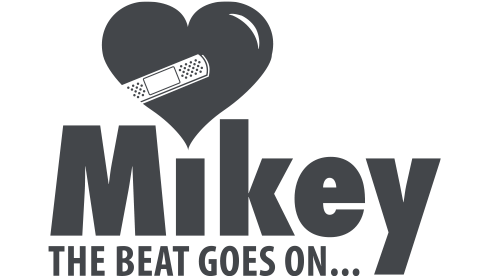
This week’s Fitness Post is brought to you by personal trainer Igor Klibanov from Fitness Solutions Plus.
Seems like a fairly simple, straight-forward question, right? Something that would only be a short “yes” or “no” answer. Riiiight!
The short answer is “it depends.” The long answer is the rest of this article. Get ready for a 5-minute crash course about cholesterol physiology.
Back in the “wild west” days of cholesterol (the 1950s), doctors just looked at cholesterol in the blood, and if it was high, they concluded that your risk of heart disease is high enough to start shopping for a casket.
A few decades later, it was discovered that there are actually two types of cholesterol: HDL cholesterol and LDL cholesterol. Total cholesterol was made up of both of those. HDL cholesterol was quickly nicknamed “good cholesterol” and LDL was nicknamed “bad cholesterol.”
The reason for that is that HDL takes cholesterol out of the bloodstream, and back to the liver for metabolism. LDL deposits cholesterol into the bloodstream and supposedly clogs arteries.
Geek alert: if you’re a geek, read this. If you’re not a geek, skip this next paragraph, since it might confuse you. Technically speaking, LDL and HDL aren’t cholesterol. They are actually lipoproteins (molecules made of both fat and protein) that transport cholesterol in the bloodstream. So when we’re talking about LDL and HDL, we’re really not talking about cholesterol itself, but the molecules that transport cholesterol.
So for a couple of decades, doctors started looking at both HDL and LDL. So if you had a high total cholesterol because of high HDL levels, you got the thumbs up. But if you had a high total cholesterol because of high LDL levels, you got the thumbs down.
But in more recent years, we’ve found out that it gets even more complex than that. Now we can test the blood for both LDL cholesterol and LDL particles. We can also test for HDL cholesterol and HDL particles. Furthermore, there are several different sub-types of LDL, and several different sub-types of HDL. So there are certain sub-types of HDL that are bad and some that are good. Likewise, there are some sub-types of LDL that are bad and others that are good.
So let’s get back to our original question: “do eggs raise your cholesterol levels?”
Although eggs have cholesterol in them, they don’t really raise most people’s cholesterol levels. Diabetics are an exception. Eggs do raise the cholesterol levels of most (but not all) diabetics. That being said, if you’re not a diabetic, but you do have a sensitivity (not allergy) to eggs, they will raise your cholesterol. But the same applies to almost every food sensitivity. Spinach is a remarkably healthy food, but if you have a sensitivity (again, not an allergy) to spinach, even spinach will raise your cholesterol.
So really the question should not be “do eggs raise your cholesterol levels?” What we’re really interested in is “do eggs increase your risk for heart disease or any other health conditions?”
There appears to be no negative effects of egg consumption on cardiovascular health, when consuming 1-6 eggs per week. Again, the slight exception is diabetics. With diabetics, it’s not completely clear yet.










